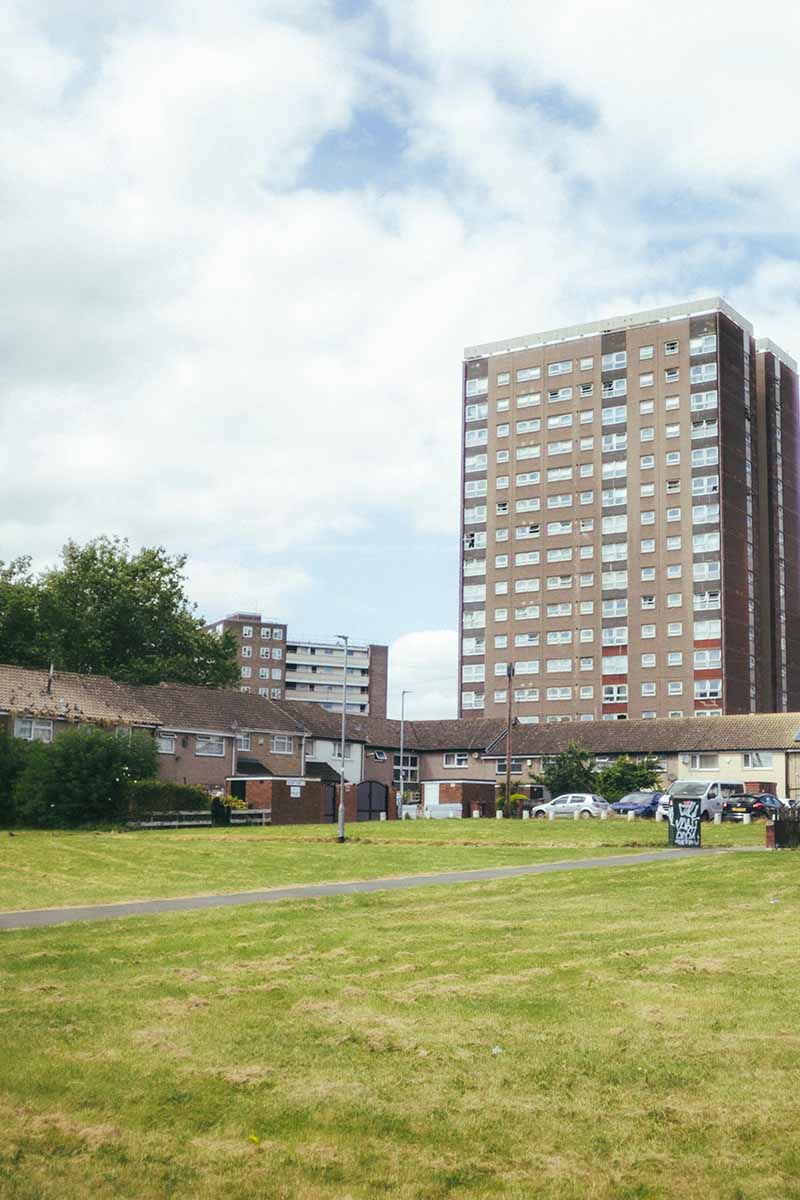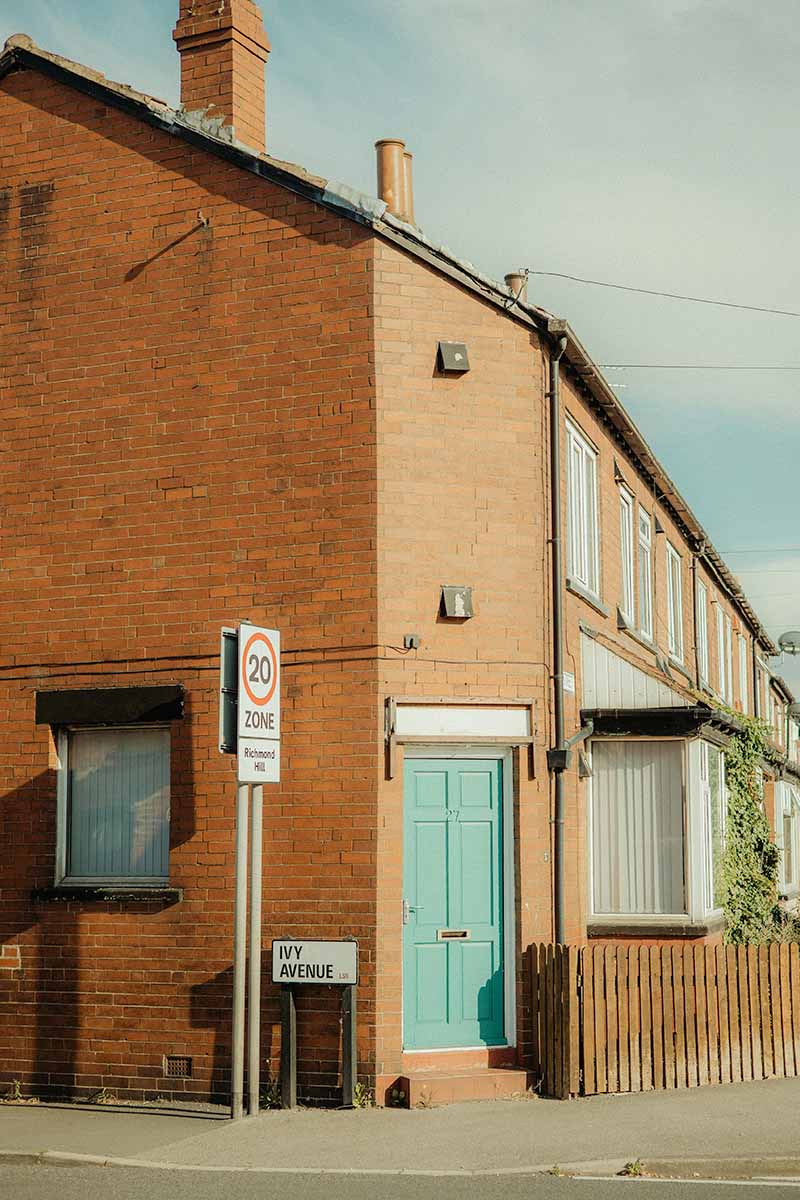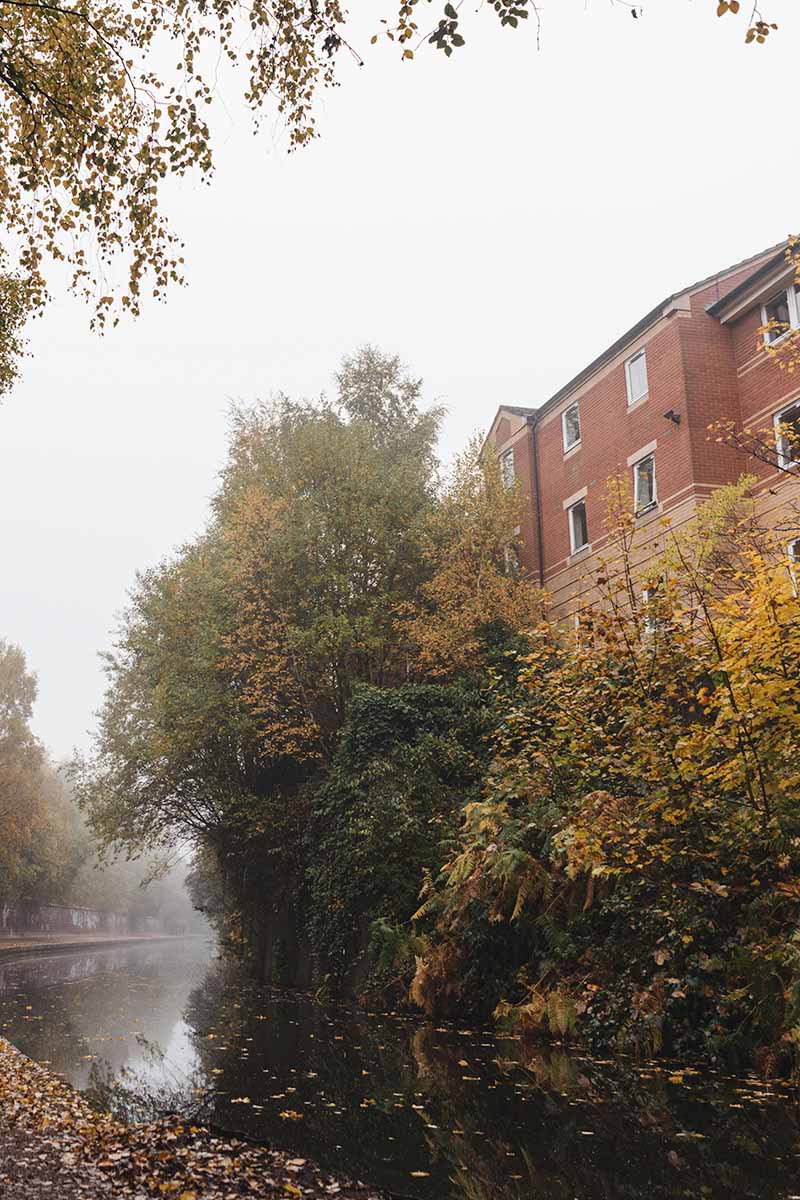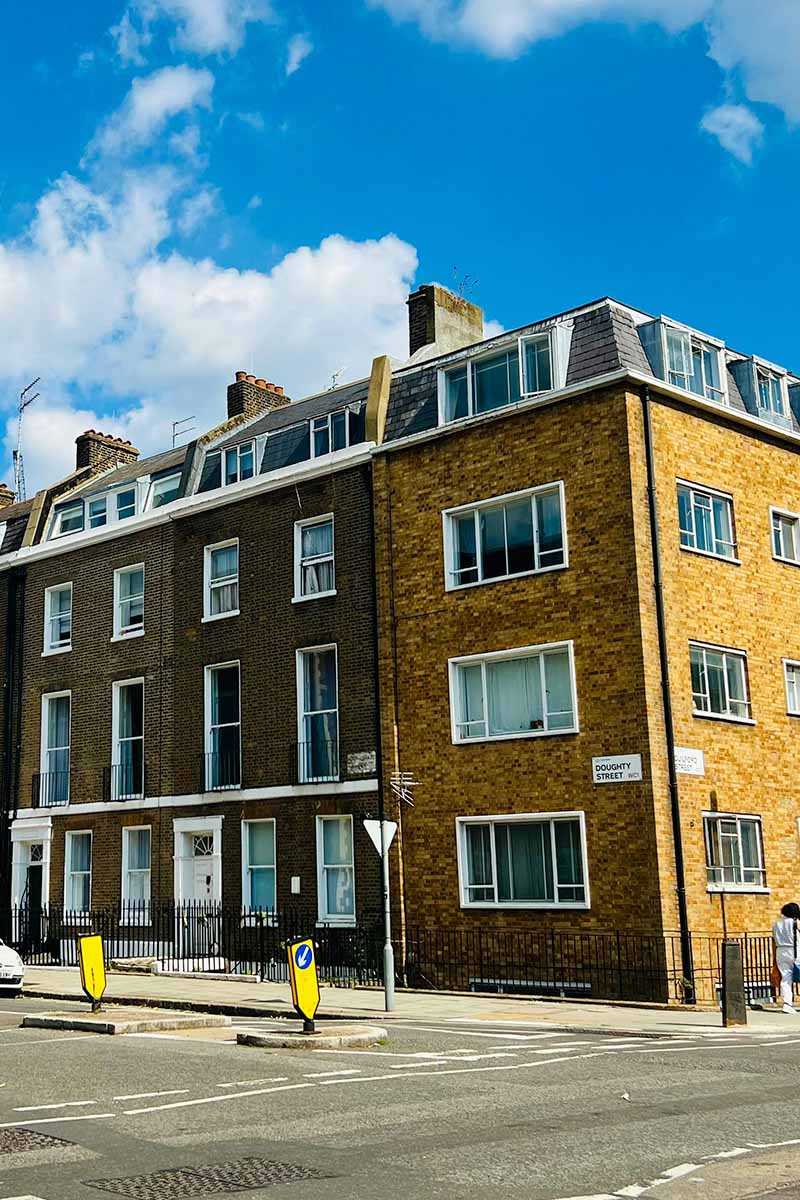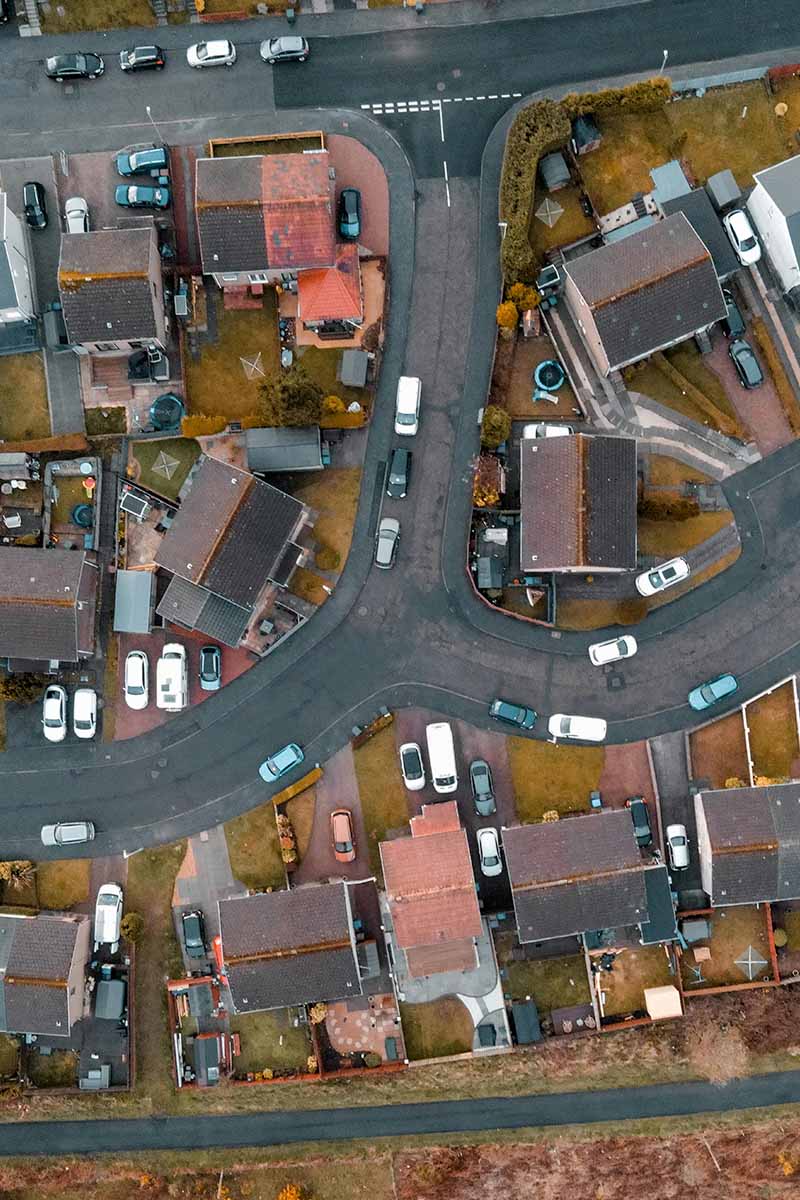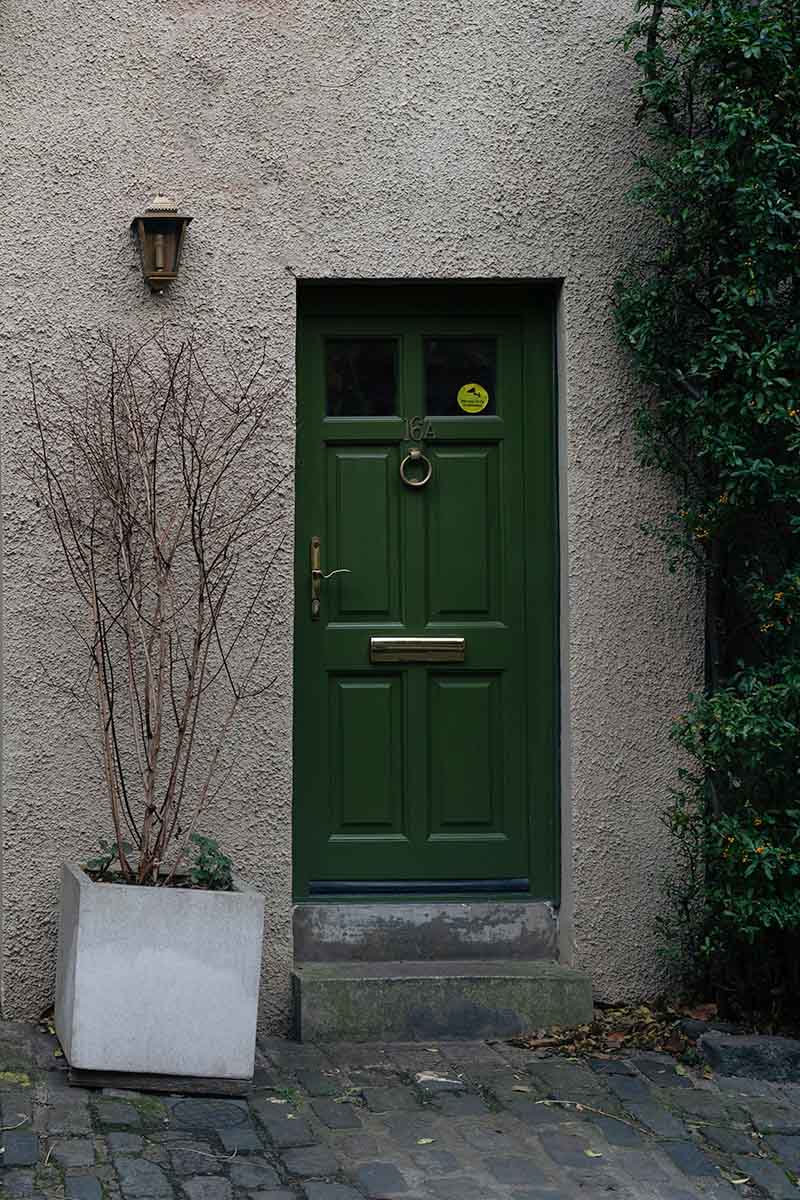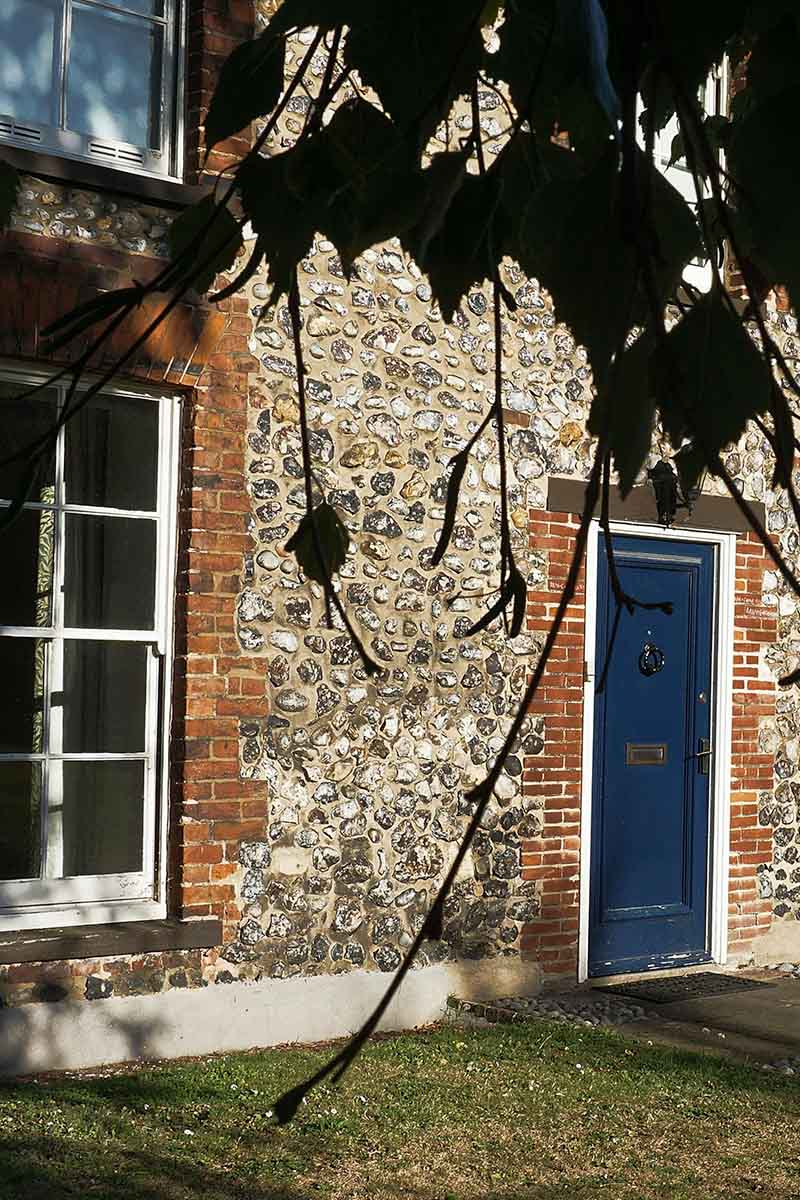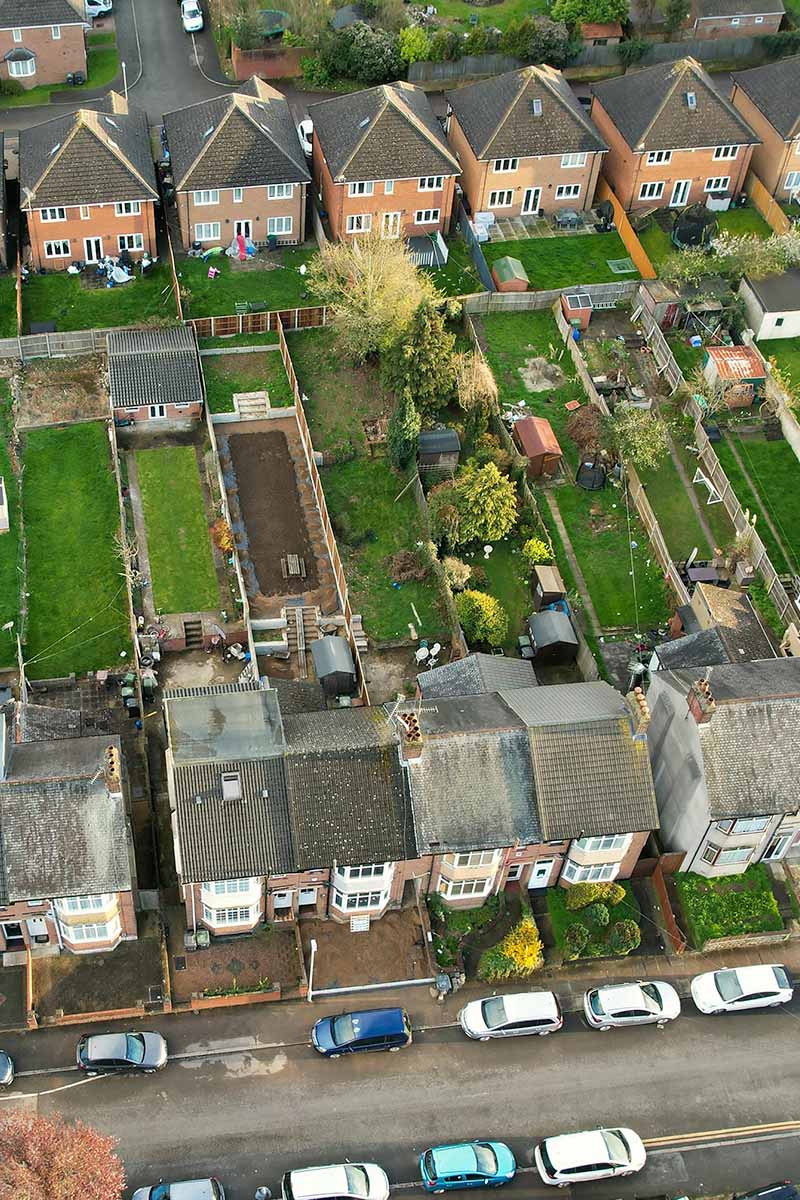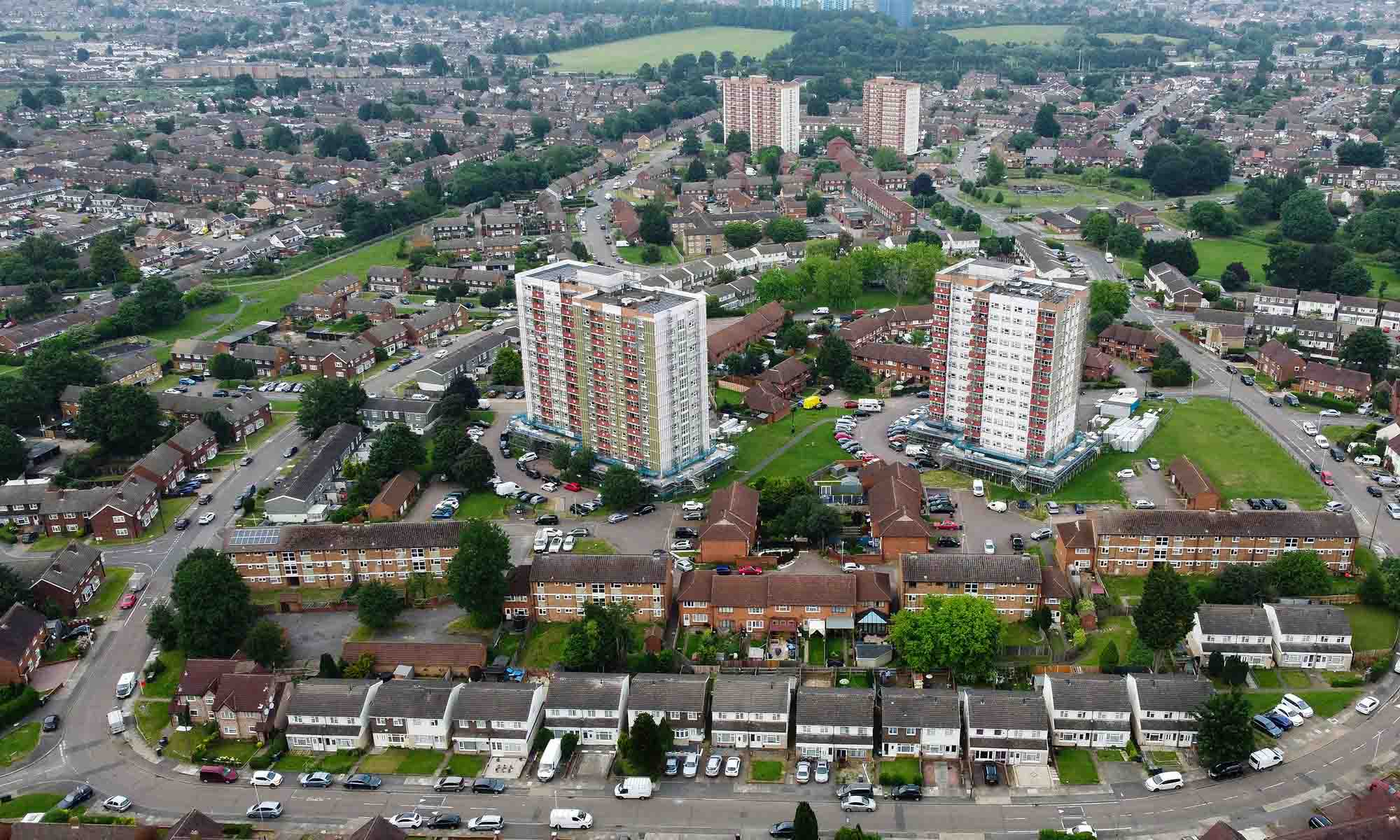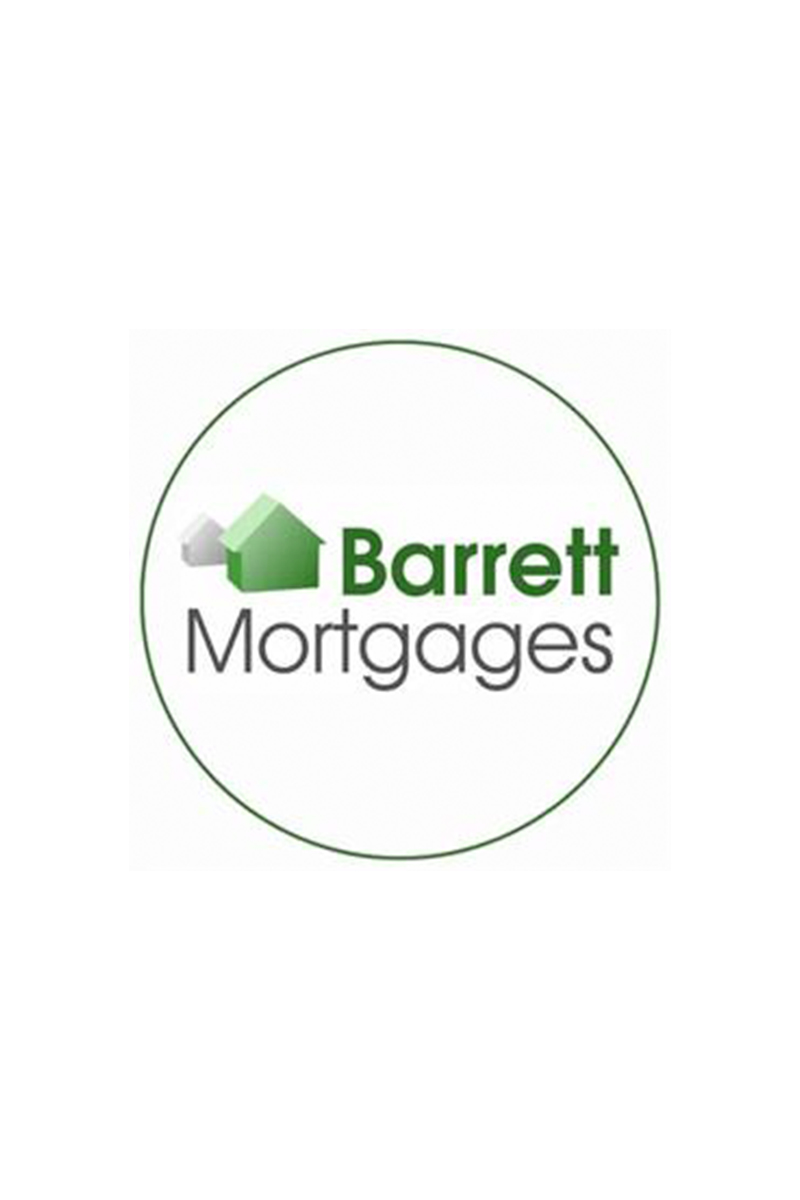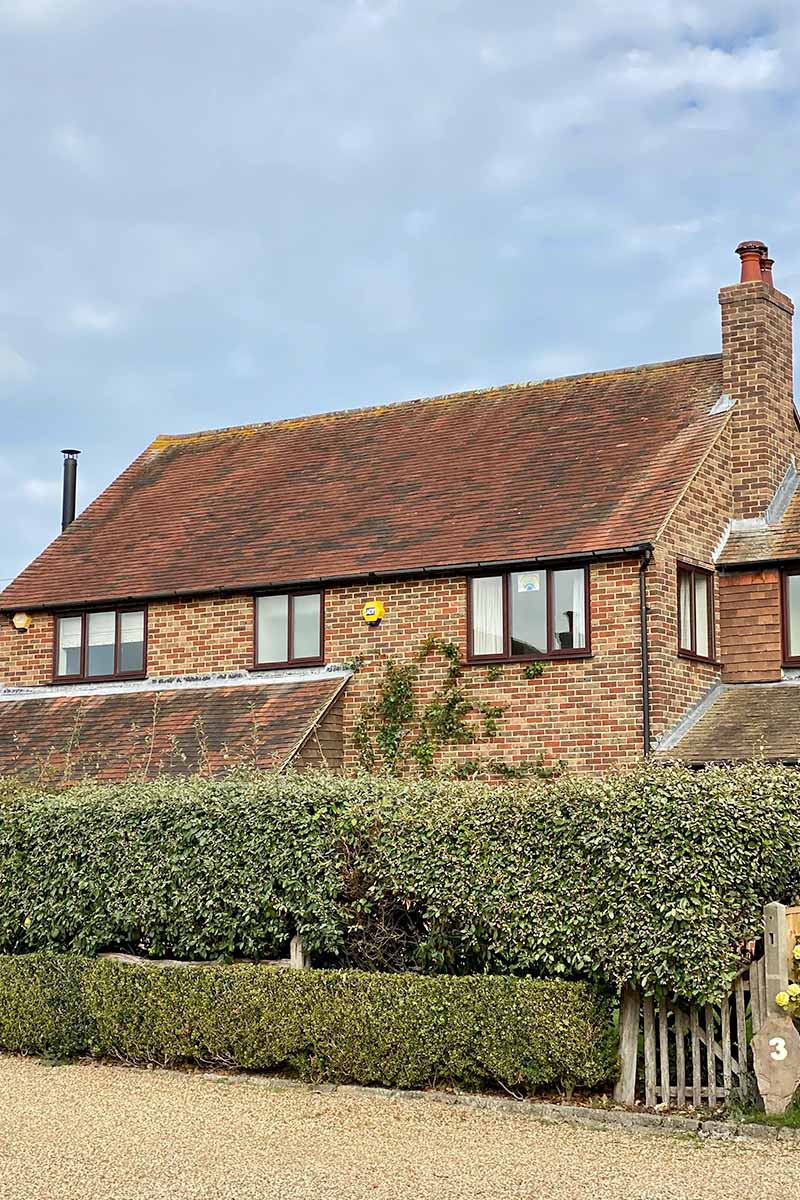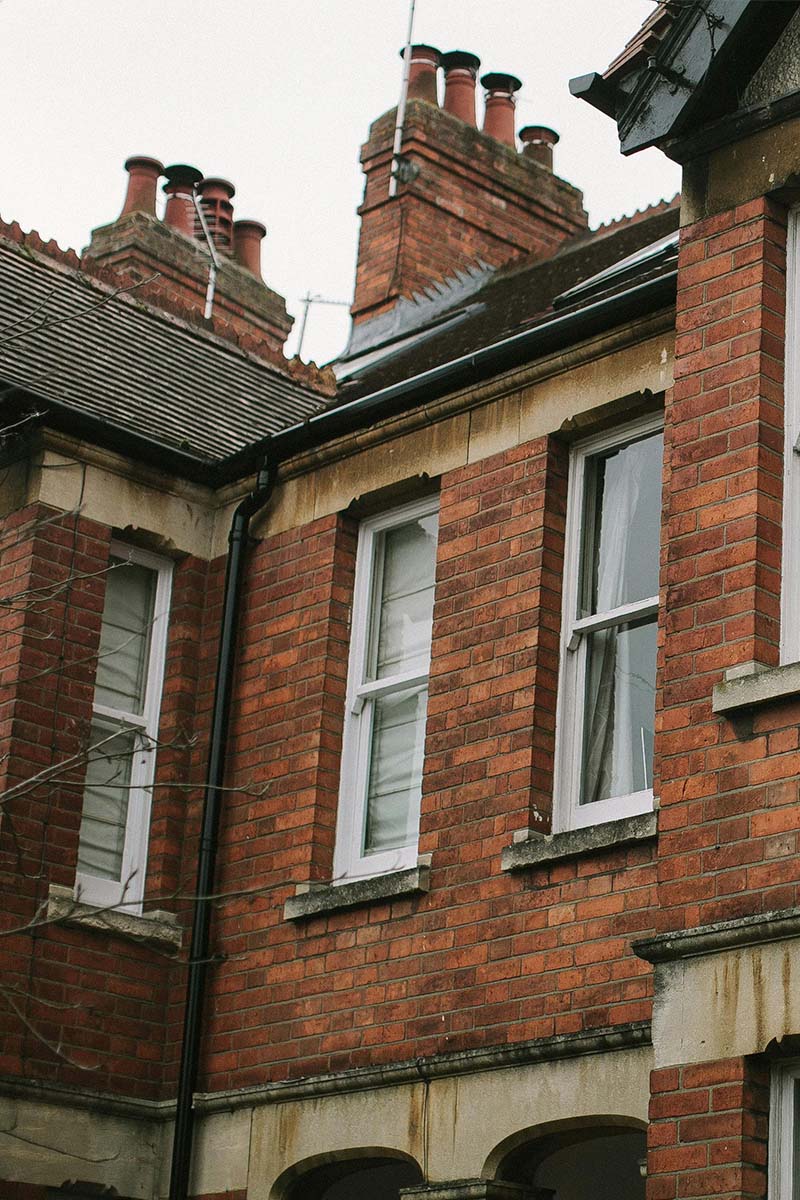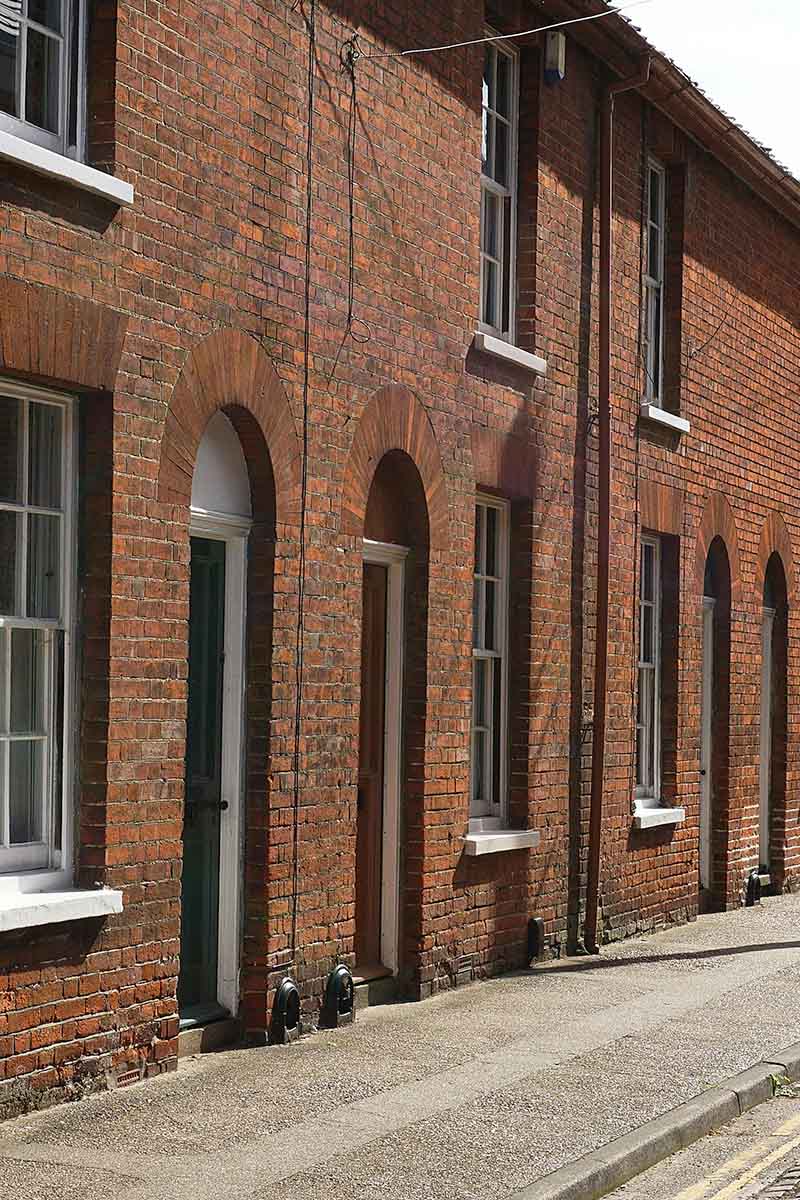How to sell a house with noisy neighbours
Selling a house with noisy neighbours can feel stressful, but you do have options including fast, discreet sales that avoid viewings or awkward conversations. In this guide, we’ll explain what your legal obligations are, what buyers need to know, and how to sell without delay.
Selling a home with difficult or disruptive neighbours can be challenging but not impossible. Here’s how to do it, and what to watch out for.
- You must legally disclose serious or ongoing neighbour disputes.
- Noise complaints can put off buyers and lower offers.
- There are practical steps you can take to improve your sale outcome.
- A cash buyer may be the quickest, least stressful route.
- Habello offers a private, no-viewing solution for homes with neighbour issues.
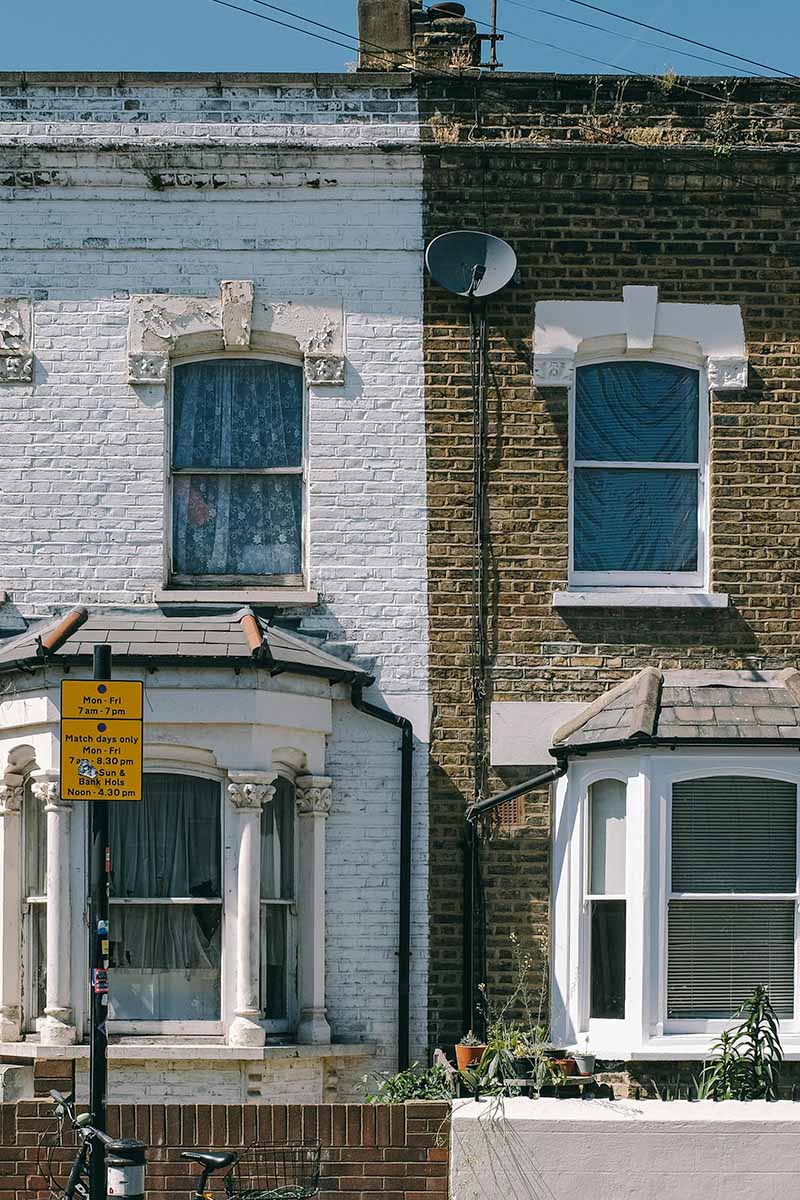
Steps to sell a house with noisy neighbours
If you're dealing with disruptive neighbours and thinking about selling, here are the key steps to help you move forward with confidence.
1. Attempt to resolve the issue first
Before you do anything else, it’s worth trying to speak with your neighbour. Many people aren’t aware their behaviour is disruptive — and a polite conversation can often lead to a simple fix.
If informal chats don’t work, mediation services are available across the UK. This is a non-confrontational route that can help avoid further escalation. If you do eventually make a formal complaint to your council or environmental health team, those records may later need to be disclosed — so trying mediation first can be a useful first step.
2. Understand your legal obligations
You are legally required to disclose serious disputes with neighbours when selling your home. This is done via the TA6 Property Information Form, which your solicitor or conveyancer will help you complete.
If you've submitted official complaints, such as to the local council or police, or have been involved in legal action, that must be declared. Failing to disclose known issues can lead to compensation claims or even legal action after the sale has completed.
If you're unsure what qualifies as a reportable issue, we’ll guide you through what needs to be declared and how to handle it so nothing comes back to bite you later.
3. Decide how to market the property
Your choice of sale method can make a big difference when dealing with noisy neighbour issues. Each route has pros and cons depending on your priorities — such as speed, certainty, or price.
Selling with an estate agent
This is the traditional option, but it’s not always ideal if you’ve had neighbour problems. Buyers may notice issues during viewings, or back out after learning about past complaints. Even if you price competitively, a sale can still fall through. Depending on how severe your neighbours are, you may also find that they impact your viewings.
Selling at auction
Auctions are often recommended for properties with known issues. They attract investors and risk-tolerant buyers who are more interested in potential than perfection.
Advantages:
- Attracts serious buyers who are less concerned about neighbour disputes.
- Legally binding once the hammer falls.
- Chance of competitive bidding.
- Fixed timeline and completion schedule.
Disadvantages:
- No guarantee of sale if reserve isn’t met.
- Fees apply — usually 2–3% commission plus legal costs.
- Buyers may expect a discount, especially if issues are disclosed.
If you want a quick, confirmed sale and are willing to accept a lower price, auction may be a viable route, but it does carry more uncertainty.
Selling to a cash buyer
If your priority is speed, certainty, and simplicity, selling directly to a cash buyer is often the most practical option.
Advantages:
- Guaranteed sale in as little as 7 days.
- No viewings or marketing needed.
- We buy properties in any condition, even with neighbour issues.
- You pay no agent fees or hidden costs.
- The process is private and handled entirely by us.
Disadvantages:
- You’ll receive an offer below market valuation in exchange for a fast, instant sale.
Comparison: cash buyer vs auction vs estate agent
If you value certainty and a clean break, we’re here to make that happen — no waiting, no uncertainty.
4. Adjust your price if necessary
Noise problems can reduce the appeal of a property, particularly if the issue is well known or likely to continue. Offering a modest price reduction can help you attract serious buyers and speed up the sale.
Buyers may try to negotiate regardless, so being realistic from the start can work in your favour. If you're looking for the fastest route out, we can make a cash offer based on your property's condition and circumstances — no discounts for delays, no waiting for the right buyer.
5. Prepare for a longer sale process (unless you go direct)
Homes with noisy neighbours may take longer to sell on the open market. Viewings can fall through, buyers may pull out during conveyancing, and offers may be lower than expected.
By contrast, a direct sale through Habello avoids all of that. You don’t need to tidy up the noise issue, stage your home, or host visitors. Just a simple, direct sale on your terms.
Summary table: selling options
Save time and hassle by selling your home with us
Get a guaranteed cash offer on any property in England and Wales. All you need to do to get started is enter your address below.
Need to disclose noisy neighbours? Here’s how to do it
Being honest about disruptive neighbours is essential — both legally and ethically. Here’s how to disclose the issue without derailing your sale:
Complete the TA6 form accurately
The TA6 is a legal document covering neighbour disputes, complaints and other material facts about the property. If you've made formal complaints, written to your neighbour, or contacted the council or police, these must be included.
We’ll support you in completing this form and make sure it covers everything it needs to — no more, no less.
Stick to the facts
Use clear, neutral language. Avoid emotion, exaggeration or speculation. State what the issue is, how often it happens, and whether it’s ongoing.
There’s no need to include one-off issues from the distant past, or minor personal preferences that haven’t led to formal action.
Disclose formal complaints or correspondence
If you’ve involved any authorities or sent written complaints such as emails or letters, you should disclose that too. This gives buyers the full picture and protects you from future misrepresentation claims.
Ask for help if you’re unsure
If you're not sure whether something counts as a dispute, your solicitor or our team will help you work through it. It's always better to double-check than to miss something that later causes a legal problem.
Be transparent and protect yourself
Honesty protects your position. Buyers can — and have — taken legal action against sellers who hid neighbour disputes. If it’s something you’d want to know if you were buying, it’s probably worth declaring.
We’ll help you handle the disclosure correctly and smoothly, so it doesn’t hold up the sale.
Summary table: what to disclose
Thinking about a clean break?
At Habello, we buy homes directly from sellers — no middlemen, no stress, and no need to worry about your neighbours. You get a private sale handled professionally from start to finish.
We’ve helped homeowners across the UK move on quickly from difficult situations, whether it’s disruptive neighbours, inherited homes, divorce, or financial pressure.
- No viewings or agents.
- Completion in weeks not months.
- Transparent, no-obligation cash offers.
- Fair market valuation.
Property owners are choosing Habello for a faster, easier and less stressful way to sell
Sell your home quickly for cash by accepting an offer just below market value. See how we compare to your other options by using the calculator below.
Related guides
Bring yourself up to speed with our property guides.





